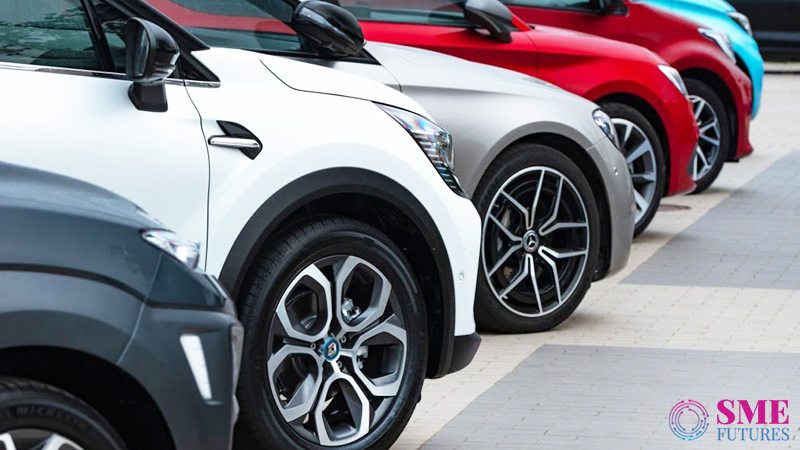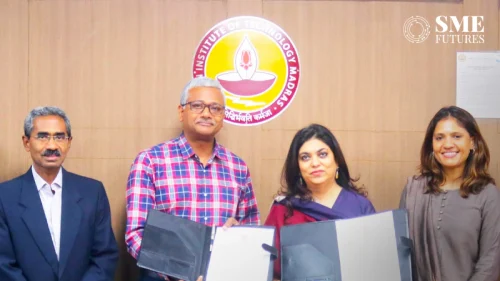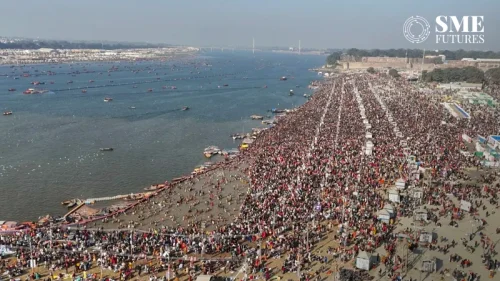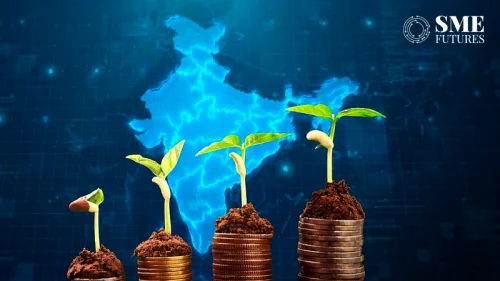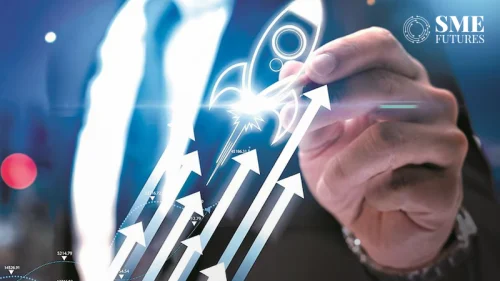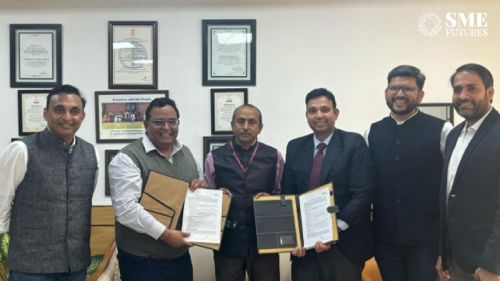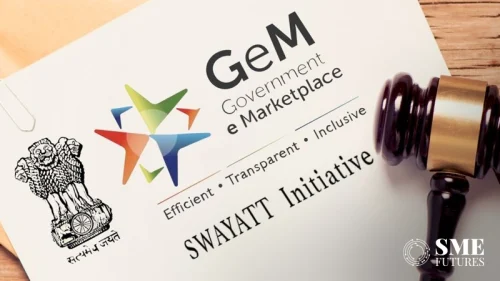Rural distress, as well as high acquisition cost, subdued India’s February automobile retail sales on a year-on-year (YoY) basis, FADA said.
Accordingly, data released by the Federation of Automobile Dealers Associations (FADA) showed a YoY fall of 9.21 per cent in overall automobile retail sales during the month under review.
The overall retail sales fell to 13,74,516 units last month from 15,13,894 units sold during the corresponding month of 2021.
Also, last month’s overall retail sales figure, when compared to the February 2020 period, showed a decline of 20.65 per cent.
In February 2020, the overall vehicle retail sales stood at 17,32,161 units.
On a YoY basis, passenger vehicle (PV) retail sales last month fell by 7.84 per cent to 2,38,096 units last month from 2,58,337 units sold during the corresponding month of last year.
Similarly, two-wheeler retail sales declined last month YoY, by 10.67 per cent to 9,83,358 units.
Besides, tractor retail sales fell by 18.87 per cent to 50,304 units.
However, the commercial vehicle (CV) retail sales rose by 7.41 per cent to 63,797 units last month from 59,395 units sold during the corresponding month of last year.
“The two-wheeler segment is showing no signs of recovery as Bharat continues to play spoil-sport. With the cost of acquisition continuously going north, inquiry level remained weak. As corporates and educational institutions continued operating from home, urban demand also took a hit,” said FADA President Vinkesh Gulati.
“Even though the PV segment saw some launches and slight respite in supply due to better production, it was not enough to meet the customer demand. Vehicle waiting period thus remains similar to what it was in the last few months.”
According to FADA, with Omicron passing away without much impact and supplies showing signs of recovery, “it looked as if the Indian Auto Industry was at the cusp of recovery until Russia invaded Ukraine”.
“Due the ongoing war, we once again fear the shortage in semiconductors which will create additional supply-side issues for PVs,” the federation said.
“With crude breaching the $110-mark, the government will not be able to hold prices of petroleum products for long. Post state election results, oil marketing companies will increase fuel prices by at least Rs 10-15.”

